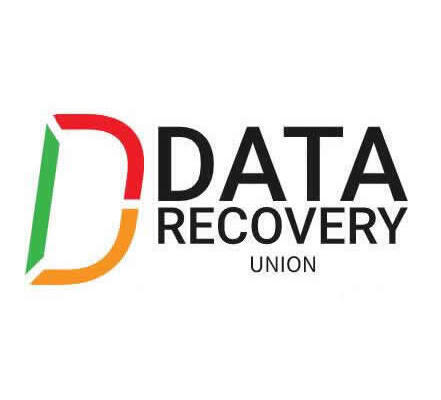
Students how to protect against laptop data disasters?
Many students will be packing laptop computers in addition to the usual school supplies. It’s clear that laptop computers are quickly becoming a vital part of the scholastic experience, however with more laptops in use comes more danger for data loss.
Laptop computers are an excellent way for today’s students to manage their workload, but protecting the data on those computers isn’t as simple as securing a notebook in a locker. Students need to be careful with their laptops to avoid both physical damage and other problems that could affect the integrity of their data. If problems do occur, it’s also important they know that data recovery is always an option.
To help students protect against laptop data disasters, there are some tips:
Laptops are not as rugged as many like to think. When laptops are being docked, moved or transported, the greatest of care should be taken to prevent unnecessary shock or impact. Set up your computer in a dry, cool, controlled environment that is clean and dust-free. Placing your computer in a low-traffic area will protect your system and storage media from harmful jarring or bumping.
Use a sturdy, well padded laptop bag – Using just a back-pack or brief-case may not provide the protection a laptop needs during transportation. Make sure your laptop has plenty of built-in padding for protection.
Backup your data regularly – Creating regular backups is one of the most effective ways to protect you from losing data. Back up data at least once a week on a reliable medium (CD, DVD, USB flash drives or Internet backup), always verifying that the correct data is backed up.
Run a virus scan and update it regularly – Computer viruses are one of the worst enemies to your computer. Good anti-virus software tests your system for sequences of code unique to each known computer virus and eliminates the infecting invader. Also beware of spyware, a common problem brought about by Web surfing and downloads that can cause complications with your computer’s efficiency. There are several programs available on the internet that can assist with the removal of most spyware programs.
Be aware of strange noises – If you hear a strange noise or grinding sound, turn off your computer immediately and call an expert. Further operation may damage your hard drive beyond repair.
Do not use file recovery software if you suspect an electrical or mechanical failure – Using file recovery software on a faulty hard drive may destroy what was otherwise recoverable data or worsen the physical failure.
Use Auto-Save features – Most software applications have Auto-Save features that will save the project or document you have open at a preset intervals. For laptop users, a good time interval to use is every 5 minutes.
Be battery-level aware – If you are going to be using the laptop for long hours, be sure to try and find an electrical outlet to plug into. Some laptops will shut down quickly when a specific low battery level is reached and important documents may be lost.
